What is Concerta?
Concerta (methylphenidate) is a central nervous system stimulant prescription medicine. It affects chemicals in the brain and nerves that contribute to hyperactivity and impulse control.
Concerta extended-release tablets are used to treat attention deficit hyperactivity disorder (ADHD) in children 6 years of age and older, adolescents, and in adults up to the age of 65.
Warnings
You should not use Concerta if you have glaucoma, tics or Tourette’s syndrome, or severe anxiety, tension, or agitation.
Methylphenidate may be habit-forming, and this medicine is a drug of abuse. Tell your doctor if you have had problems with drug or alcohol abuse. Keep the medication where others cannot get to it.
Stimulants have caused stroke, heart attack, and sudden death in people with high blood pressure, heart disease, or a heart defect. Call your doctor right away if you have chest pain or feel lightheaded or short of breath while taking Concerta.
Do not use Concerta if you have used an MAO inhibitor in the past 14 days, such as isocarboxazid, linezolid, phenelzine, rasagiline, selegiline, or tranylcypromine or have used a methylene blue injection.
Concerta may cause new or worsening psychosis (unusual thoughts or behavior), especially if you have a history of depression, mental illness, or bipolar disorder. Call your doctor right away if you have signs of psychosis such as paranoia, aggression, new behavior problems, or seeing or hearing things that are not real.
Before taking this medicine
You should not use Concerta if you are allergic to methylphenidate.
You should not take Concerta if you have:
- glaucoma;
- a personal or family history of tics (muscle twitches) or Tourette’s syndrome; or
- severe anxiety, tension, or agitation (stimulant medicine can make these symptoms worse).
Stimulants have caused stroke, heart attack, and sudden death in certain people. Tell your doctor if you have:
- heart problems or a congenital heart defect;
- high blood pressure; or
- a family history of heart disease or sudden death.
Do not use Concerta if you have used an MAO inhibitor in the past 14 days. A dangerous drug interaction could occur. MAO inhibitors include isocarboxazid, linezolid, methylene blue injection, phenelzine, and tranylcypromine.
Tell your doctor if you also use opioid medicine, herbal products, or medicine for depression, mental illness, Parkinson’s disease, migraine headaches, serious infections, or prevention of nausea and vomiting. An interaction with methylphenidate could cause a serious condition called serotonin syndrome.
Tell your doctor if you or anyone in your family has ever had:
- depression, mental illness, bipolar disorder, psychosis, or suicidal thoughts or actions;
- blood circulation problems in the hands or feet; or
- alcoholism or drug addiction.
To make sure Concerta is safe for you, tell your doctor if you have:
- problems with the esophagus, stomach, or intestines;
- `motor tics (muscle twitches) or Tourette’s syndrome; or
- seizures, epilepsy, or an abnormal brain wave test (EEG).
Becoming dependent on this medicine during pregnancy can cause premature birth or low birth weight. Tell your doctor if you are pregnant or plan to become pregnant. If you are pregnant, your name may be listed on a pregnancy registry to track the effects of methylphenidate on the baby.
Ask a doctor if it is safe to breastfeed while using this medicine. If you are breastfeeding, tell your doctor if you notice symptoms in the baby such as agitation, sleep problems, feeding problems, or reduced weight gain.
Concerta is not approved for use by anyone younger than 6 years old.
How should I take Concerta?
Take Concerta exactly as prescribed by your doctor. Follow all directions on your prescription label and read all medication guides or instruction sheets. Your doctor may occasionally change your dose.
Methylphenidate may be habit-forming. Misuse can cause addiction, overdose, or death. Keep the medication where others cannot get to it. Selling or giving away Concerta is against the law.
Take Concerta once each day in the morning. Concerta is an extended-release tablet. It releases medication into your or your child’s body throughout the day.
Concerta can be taken with or without food, but take it the same way each time.
Do not chew, crush, or break the Concerta tablets. Swallow the tablets whole with water or other liquids. Tell your doctor if you or your child cannot swallow the tablet whole. A different medicine may need to be prescribed.
The Concerta tablet does not dissolve completely in the body after all the medicine has been released. You or your child may sometimes notice the empty tablet in a bowel movement. This is normal.
Children should have their height and weight checked often while taking this medicine.
Tell your doctor if you have a planned surgery.
Your treatment may also include counseling or other treatments.
Your doctor will need to check your progress on a regular basis. From time to time, your doctor may stop treatment for a while to check ADHD symptoms. Your heart and blood pressure may also need to be checked often.
Store Concerta tightly closed at room temperature, away from moisture, heat, and light. Keep your medicine in a place where no one can use it improperly.
Do not keep leftover medicine. Ask your pharmacist about a drug take-back program. You may also mix the leftover medicine with cat litter or coffee grounds in a sealed plastic bag and throw the bag in the trash.
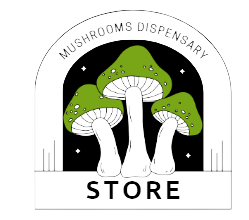
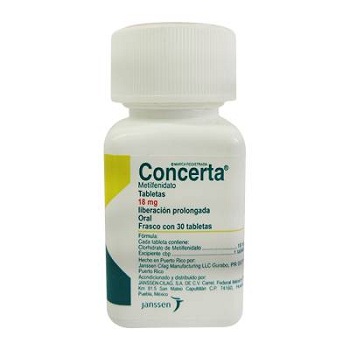

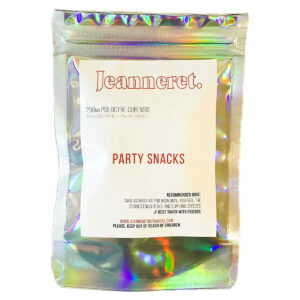
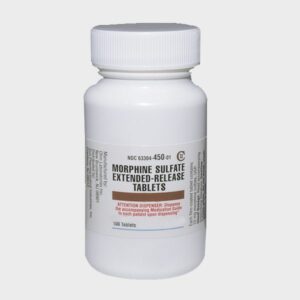

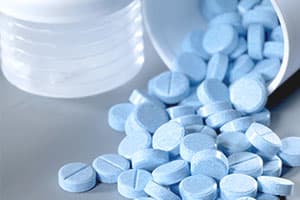


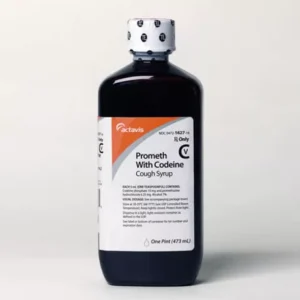
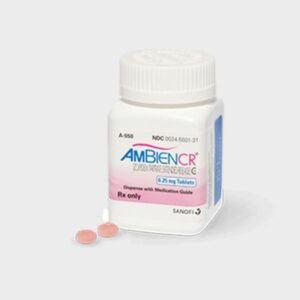

Reviews
There are no reviews yet.